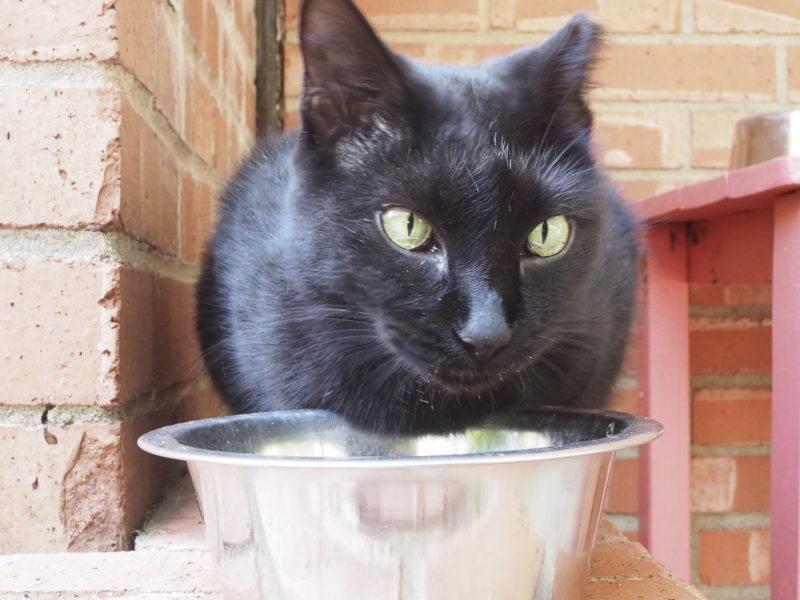The Trinity University Cat Alliance cares for all 22 stray and feral cats on Trinity’s campus by providing them with food and basic veterinary services, such as vaccinations and neutering. The group comprises of volunteers from the Trinity community, including faculty, students and neighbors.
The Cat Alliance follows the Trap-Neuter-Return (TNR) program for cats at Trinity. While other animal organizations try to find homes for stray cats, the Cat Alliance is different in that they focus on leaving these stray and feral cats in their natural habitats.
“Prior to the Cat Alliance, the only method of keeping the population stable was capturing them and euthanizing them,” said Mindy Morales, computer-aided design technician and founder of the Cat Alliance. “Now, we can neuter them and provide them with a base that stabilizes the population while allowing them to coexist with us on campus.”
The TNR program was based on a study performed at Texas A&M University where they found that neutering is a sustainable way to maintain the feral cat population without resorting to euthanization. The program is founded on the fact that cats are territorial animals and will reject new cats, allowing the population to remain stable and constant. At Trinity, they have successfully kept the number of cats between 22 and 24 since the inception of the Cat Alliance in 2005.
Many of these animals have been strays their entire lives and would not be suited to living with a human family. The Cat Alliance provides them with a reliable food source and neutering services in order to keep the stray population low.
The only exceptions to this rule are young kittens and extremely tame strays. In these special cases, the Cat Alliance will look for homes for these adoptable animals. One of those homes is with Hannah Larson, a junior accounting major, who volunteers with the Cat Alliance.
“My family adopted an “˜almost’ Trinity cat at the end of my freshman year,” Larson said, “And we love him!”
Some of Larson’s duties with the Cat Alliance include feeding her assigned cats once a week and selling the alliance’s Fiesta medals and t-shirts in Coates University Center.
It’s not just members of the Cat Alliance that interact with these animals, though. The feeding stations serve as bases for the cats and help the Cat Alliance keep track of their activity. These bases are mostly outside of the dormitories so students can see certain cats quite often.
Ben Klinkenberg, a senior theatre major enjoys the cats’ presence for many reasons.
“I love having the cats on campus because I see people who know the cats by name and location and treat them as if they’re their own pets, and I really think it’s special that Trinity offers care for these animals that’s also beneficial for both the cats and the students,” Klinkenberg said.
“I think the cats have had a profound effect on the culture of Trinity’s campus. I’ve had a couple of students email me saying they were really depressed and hated Trinity at first and the only thing that got them through was dealing with the cats,” Morales said.







